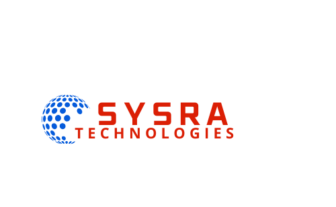Digital marketing encompasses a broad spectrum of strategies and techniques aimed at promoting products, services, or brands through online channels. In today’s hyperconnected world, digital marketing has become indispensable for businesses seeking to reach and engage with their target audience effectively.
At its core, digital marketing leverages various platforms and tools to connect with consumers where they spend much of their time: online. This includes channels such as social media, search engines, email, websites, and mobile apps. Through targeted messaging and personalized experiences, digital marketers can drive brand awareness, generate leads, and ultimately, increase sales and revenue.
Key components of digital marketing include search engine optimization (SEO), which improves a website’s visibility in search engine results pages; pay-per-click (PPC) advertising, which allows businesses to bid for ad placement in search engine results or on other websites; social media marketing, which involves leveraging platforms like Facebook, Instagram, Twitter, and LinkedIn to engage with audiences and build brand loyalty; content marketing, which focuses on creating valuable, relevant content to attract and retain a specific audience; email marketing, which involves sending targeted messages to prospects or customers to nurture relationships and drive conversions; and analytics, which enables marketers to measure the performance of their campaigns and make data-driven decisions to optimize results.
Digital marketing offers businesses unparalleled opportunities for targeting, personalization, and measurement. By leveraging the right mix of strategies and channels, businesses can effectively engage with their audience at every stage of the customer journey, from awareness to conversion and beyond. As technology continues to evolve and consumer behavior shifts, digital marketing remains a dynamic and essential component of any modern marketing strategy.



